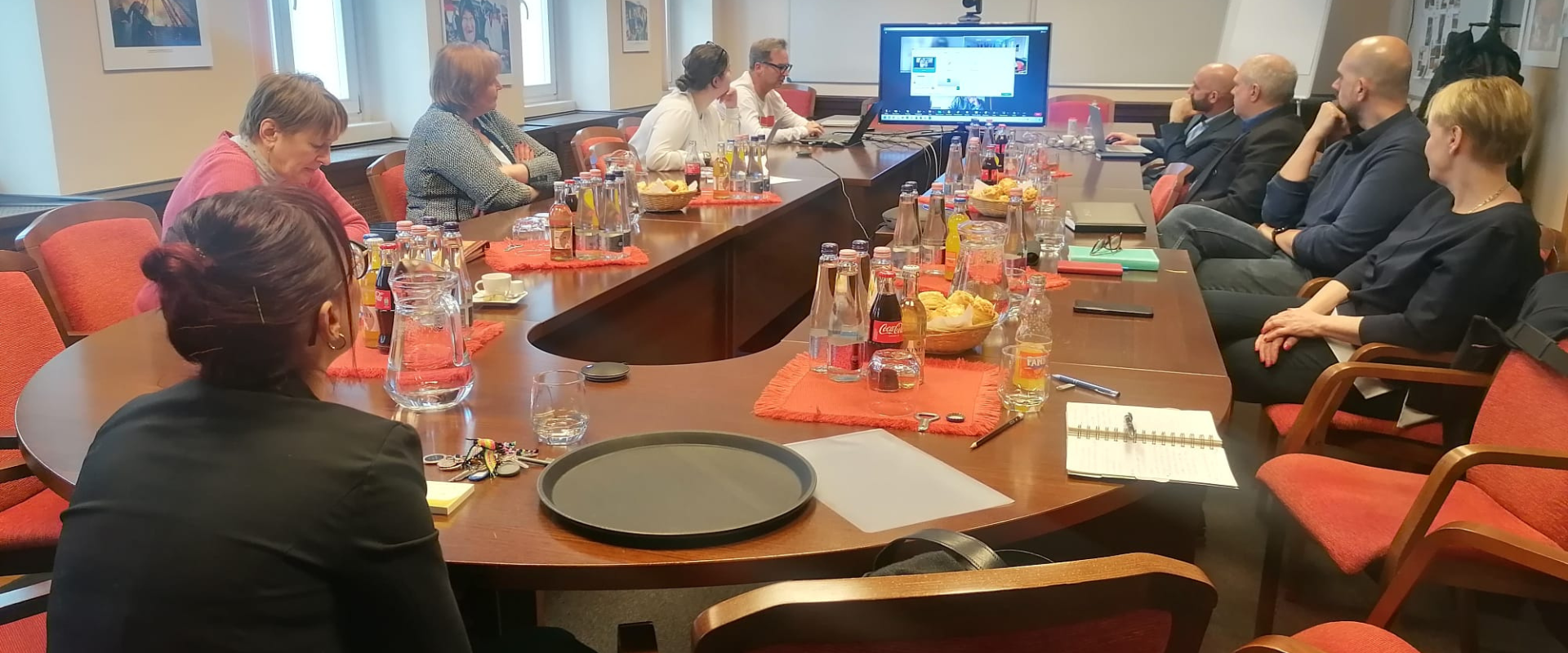Szombathely recently hosted a pivotal event showcasing its strides in urban development through the Szombathely2030 program, aligned with the European Union’s Intelligent Cities Challenge. This gathering brought together local government officials, academics, and industry leaders to discuss advancements in smart city technologies and sustainable practices.
Focus on Digital and Green Transitions
The event underscored the city’s commitment to digitalization and sustainability, integral to its strategic vision under Szombathely2030. Discussions delved into the integration of innovative technologies aimed at enhancing urban living standards while minimizing environmental impact. Key highlights included initiatives promoting renewable energy integration, zero-waste manufacturing modules, and eco-friendly architectural solutions.
SMART CIRCUIT and Circular Economy Projects
Particularly noteworthy was the presentation of SMART CIRCUIT and related circular economy projects by PBN. These initiatives are pivotal in fostering a circular economy ecosystem within Szombathely, emphasizing resource efficiency, waste reduction, and sustainable production practices.
Achievements and Outcomes
The event celebrated several achievements, including the successful integration of renewable energy sources into local production schedules. This initiative not only reduces carbon footprints but also enhances energy resilience. Additionally, the development of zero-waste manufacturing modules showcased Szombathely’s proactive approach towards sustainable industrial practices.
Decisions and Future Collaborations
A significant outcome of the event was the initiation of international collaborations. Stakeholders identified key areas for joint research and development, focusing on digital solutions across various sectors such as social care and manufacturing. These collaborations aim to further embed sustainability and innovation into Szombathely’s growth trajectory, leveraging the expertise and resources of partner organizations.
The event marked a milestone in the city’s journey towards becoming a smarter and greener urban center. By integrating digital technologies and embracing circular economy principles, Szombathely is poised to lead in sustainable urban development within the EU framework. As collaborations expand and initiatives evolve, the city is set to achieve significant milestones in environmental sustainability and technological innovation, setting a benchmark for intelligent urban planning across Europe.
Focus on Digital and Green Transitions
The town hall event underscored the city’s commitment to digitalization and sustainability, integral to its strategic vision under Szombathely2030. Discussions delved into the integration of innovative technologies aimed at enhancing urban living standards while minimizing environmental impact. Key highlights included initiatives promoting renewable energy integration, zero-waste manufacturing modules, and eco-friendly architectural solutions.
SMART CIRCUIT and Circular Economy Projects
Particularly noteworthy was the presentation of SMART CIRCUIT and related circular economy projects by PBN. These initiatives are pivotal in fostering a circular economy ecosystem within Szombathely, emphasizing resource efficiency, waste reduction, and sustainable production practices.
Achievements and Outcomes
The town hall event celebrated several achievements, including the successful integration of renewable energy sources into local production schedules. This initiative not only reduces carbon footprints but also enhances energy resilience. Additionally, the development of zero-waste manufacturing modules showcased Szombathely’s proactive approach towards sustainable industrial practices.
A significant outcome of the town hall event was the initiation of international collaborations. Stakeholders identified key areas for joint research and development, focusing on digital solutions across various sectors such as social care and manufacturing. These collaborations aim to further embed sustainability and innovation into Szombathely’s growth trajectory, leveraging the expertise and resources of partner organizations.
Conclusion
The town hall event marked a milestone in the city’s journey towards becoming a smarter and greener urban center. By integrating digital technologies and embracing circular economy principles, Szombathely is poised to lead in sustainable urban development within the EU framework. As collaborations expand and initiatives evolve, the city is set to achieve significant milestones in environmental sustainability and technological innovation, setting a benchmark for intelligent urban planning across Europe.
